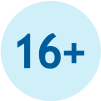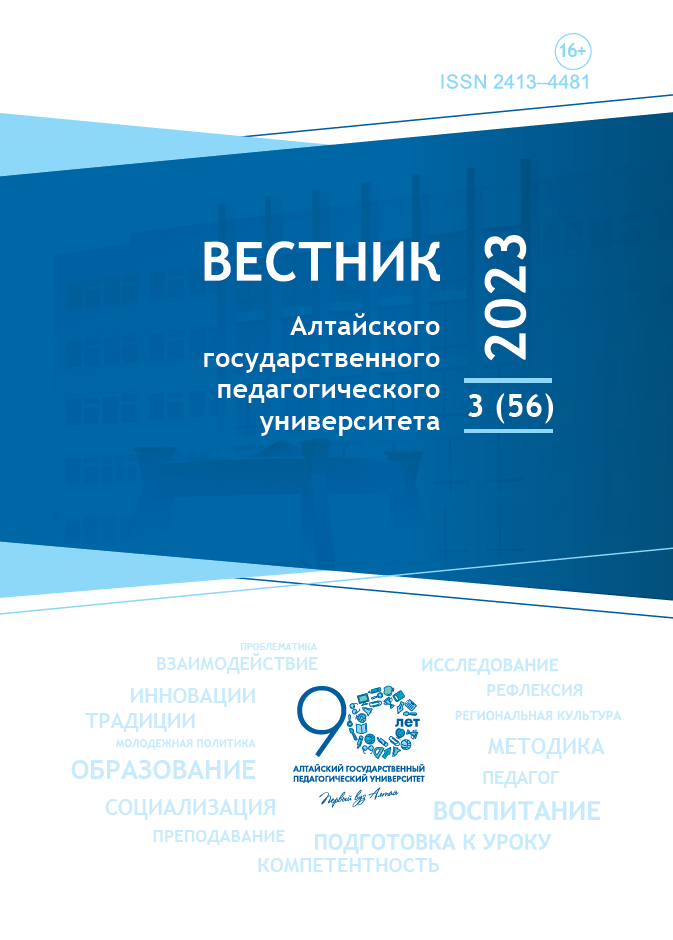The importance of Museum ethics
Keywords:
interdisciplinary project, “Integration of Russian museums into regional sociocultural space”, museum audience, a museum as a communication protocolReferences
Hermann, Rainer: So sieht die Museumsinsel von morgen aus. In: Frankfurter Allgemeine Zeitung (FAZ) Nr. 96, 25. April 2007, S. 42
Stránský, Zbynek: Die Museen im Osten im Umbruch. Märkte und Kontext. In: Museum aktuell, Nr. 115, Mai 2005, S. 5 und 6
Vieregg, Hildegard: Museumswissenschaften. Eine Einführung („Museum Sciences. An Introduction). Paderborn 2006. In this concern should reminded to the Museum Alexandrinum or to the Museum Graecum or otherweise M useum Romanum
Valentini, Michael Bernhard: Museum Museorum oder vollständige Schau=Bühne aller Materialien und Specereyen …, Frankfurt 1704
Neickelius, Caspar Friedrich: Museographia oder Anleitung zum rechten Begriff und nützlicher Anregung der Museorum oder Raritätenkammern. Leipzig/Breslau 1727
Blank, Melanie/Debelts, Julia: Quellen-und Literaturverzeichnis. In: Was ist ein Museum? („What is defined as a museum?“). Wien 2002,. S. 197-204
International Council of Museums (Ed.): ICOM Code of Ethics for Museums/Code de Déontologie de l’ICOM pour les Musées/Código de Deontología del ICOM para los Museos, P aris 2002 and International Council of Museums, ICOM-Deutschland, ICOM-Österreich, ICOM-Schweiz, Berlin/Wien/Zürich 2003
Murphy, Bernice: The Definition of the Museum. From Specialist Reference to Social Recognition and Service. ICOM NEWS no.2, 2004. Bernice Murphy at that time wasone of the Vice Presidents of International Council of Museums (ICOM/UNESCO)
Mairesse, François/Maranda, Lynn/Davis, Ann (Eds.):Définir le musée/Defining the museum. Mariemont/Belgium 2005
Vieregg, Hildegard on behalf of International Committee for Museology (ICOFOM/ICOM/UNESCO): Museology and Presentation. Original or Virtual? Cuenca/Ecuador and Galápagos Islands 2002
International Council of Museums (Ed.): ICOM Code of Ethics for Museums, 2006./International Council of Museums, ICOM-Deutschland, ICOM-Österreich, ICOM-Schweiz (Hg.): ICOM Ethische Richtlinien für Museen (Code of Ethics for Museums) (translator: Frank Süßdorf), Berlin/Wien/Zürich 2003
International Council of Museums, p.9
ICOM Code of Ethics, 2006, 4.3
ICOM Code of Ethics, 2006, 3.7
ICOM Code of Ethics, 2006, 2.5
ICOM Code of Ethics, 2006, 2.5/4.3
ICOM Code of Ethics, 2006, 2.7/2.25
Schäfer, Wilhelm: Naturhistorische Museen. In: Deutsche Forschungsgemeinschaft (Hg.):Denkschrift Museen. Bonn/Boppard 1974, S. 63/64
Preißler, Dietmar: Museumsobjekt und kulturelles Gedächtnis. Anspruch und Wirklichkeit beim Aufbau einer zeithistorischen Sammlung. In: Deutscher Museumsbund (Hg.): Standards für Museen. Staatshaftung. In: Museumskunde Bd. 70 1/05, S. 47
ICOM Code of Ethics, 2006, 4.6
Xylander, Willi E.R.: Mindeststandards für Forschung an Museen. In: Museumskunde. Hg. Vom Deutschen Museumsbund: Standards für Museen, Staatshaftung. Bd. 70. 1/05
Hagedorn, Monika/Ermert, Axel: Dokumentation -Grundaufgabe des Museums. In: Deutscher Museumsbund (Hg.): Standards für Museen, Staatshaftung. Museumskunde Bd. 70 1/05, S. 66
Hagedorn, M./Ermert, A., pp. 67-68
ICOM Code of Ethics, 2006, 8.7
International Council of Museums: Code of Ethics for Museums (2003), p. 12
ICOM Code of Ethics, 2006, 2.24
Götz, p. 55
ICOM Code of Ethics, 2006, 8./8.2/8.4
ICOM Code of Ethics, 2006, 4.2
Schriften der Centralstelle für Arbeiter-Wohlfahrtseinrichtungen. Nr. 25: Die Museen als Volksbildungsstätten. Ergebnisse der 12. Konferenz für Arbeiter-Wohlfahrtseinrichtungen. Berlin 1904
Grunow, C.: Deutsches Gewerbe-Museum zu Berlin. Berlin 1867, p. 5
ICOM Code of Ethics, 2006, 6./6.1
Downloads
Published
Issue
Section
License
Для публикации статьи в журнале «Вестник Алтайского государственного педагогического университета» автору необходимо заключить лицензионный договор с федеральным государственным бюджетным образовательным учреждением высшего образования «Алтайский государственный педагогический университет» (ФГБОУ ВО «АлтГПУ»).


